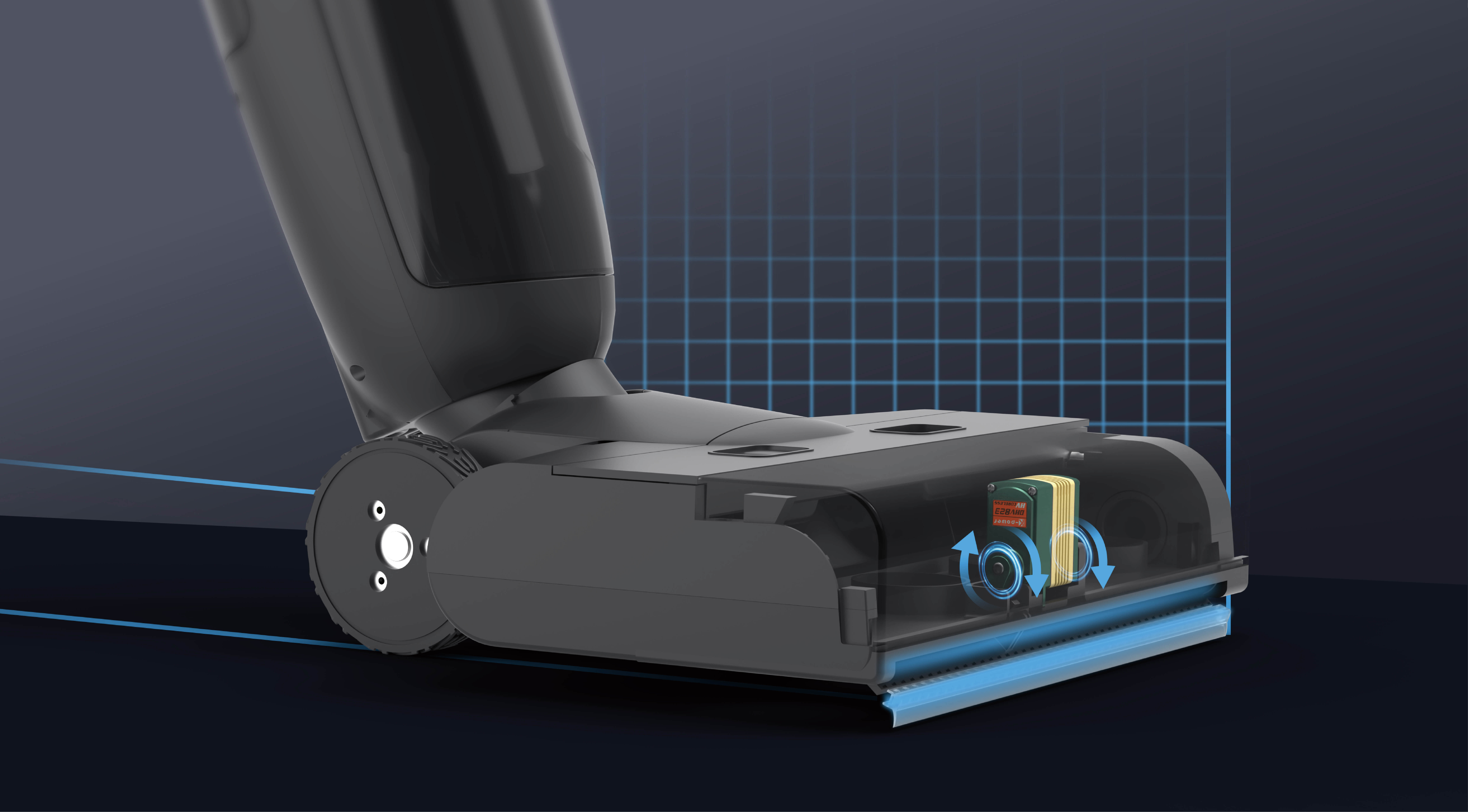Imagine this: you're diving into the world of robotics, automation, or DIY tech projects, eager to build something that moves with precision. You’ve probably heard about servo motors—those tiny, efficient actuators that bring robotic arms, camera gimbals, RC vehicles, and countless other projects to life. But as any maker or hobbyist knows, one of the first questions that come up is often, “How much will this cost?”

Understanding the cost of servo motors for Arduino projects is more than just juggling dollar bills—it's about balancing your project’s ambitions, budget, and expectations. Let’s walk through what makes servo motors tick financially, what options are out there, and how to make smart choices without sacrificing quality or functionality.
The Basics of Servo Motors in Arduino Projects
Servo motors are compact, self-contained rotary actuators that can be precisely controlled to move to specific angles. They typically have a built-in feedback mechanism—like a potentiometer—that allows precise position control. This makes them ideal for robotics, automation, and any project requiring controlled movement.
When integrating a servo with an Arduino, the ability to accurately control position adds a rich layer of interactivity. From opening a robotic hand to steering a remote-controlled car, servo motors are the backbone of many innovative projects.
The Price Spectrum: Why Do Costs Vary?
The cost of a servo motor isn't arbitrary; it’s a reflection of its quality, capabilities, and intended use. Broadly speaking, servo motors fall into three cost categories:
Budget or Hobbyist Servos: $3 to $15 Mid-range Servos: $15 to $50 High-end or Industrial Servos: $50 and above
Let's peel back what each range typically offers.
Budget Servos: The Beginners’ Choice
If you’re just starting out or working on simple projects, budget servos are incredibly tempting. These are the ones you can buy for a few dollars—say, on popular online marketplaces like Amazon, eBay, or AliExpress. They’re often light, small, and easy to use.
What do you get for the price?
Basic control performance with some jitter or slight inaccuracies. Limited torque and speed—sometimes suitable only for light, low-stress tasks. Shorter durability; they may not last long under continuous or heavy loads. Less sophisticated internals, leading to noisier operation.
Are they worth it? Absolutely! For educational purposes, experimenting, or small hobby projects, these inexpensive servos are perfect. They allow beginners to get hands-on experience without a big financial commitment.
Mid-range Servos: The Happy Medium
Moving into the $15 to $50 range, you find servos that strike a balance between cost and performance. These are commonly used in robotics clubs, home automation, and more serious projects.
Features and advantages:
Better torque and speed control. Improved internal construction, reducing jitter and increasing lifespan. More consistent and reliable performance, suitable for more demanding applications. Additional features like metal gears for durability or waterproofing for outdoor projects.
Such servos often come with manufacturer specifications—torque rating (in kg·cm or oz·in), speed, voltage range, and feedback precision—making it easier to match them with your project requirements.
High-end or Industrial Servos: The Premium Investment
Once you go beyond the $50 mark, you're entering a realm of professional-grade servo motors. These are used in industrial automation, aerospace, or professional robotics.
What justifies the high price?
Extremely high torque capacities, often capable of moving heavy loads. Enhanced accuracy, high-speed responsiveness, and long lifespan. Better materials, advanced internal feedback systems, and sometimes, programmable features. Often custom-designed or specialized, increasing complexity and cost.
While these are fascinating to explore, for most Arduino hobbyists and DIYers, high-end servos can be overkill.
Factors Influencing Servo Motor Costs
Understanding why servo prices vary helps in making informed decisions. Here are key factors that influence how much a servo will cost:
1. Torque and Load Capacity More torque means a larger, more robust motor. If your project involves lifting, moving heavy objects, or precise positioning of large parts, you'll need a stronger, more expensive servo.
2. Speed and Responsiveness Faster servos with quick response times usually cost more because of advanced internal components, such as brushes and gears optimized for speed.
3. Gearing Material Servos with metal gears are more durable and better suited for high-stress applications, but they also come with higher price tags. Plastic gears are cheaper but less resilient.
4. Feedback and Control Precision Servos with fine feedback mechanisms and high-resolution control are pricier. For precise robotic arms or CNC applications, investing in such motors makes sense.
5. Brand and Build Quality Reputable brands like Futaba, TowerPro, Hitec, and MG Chemicals tend to offer reliable, well-made servos that cost more. Cheaper, no-name brands might save money initially but could lack longevity or consistency.
6. Power Supply Compatibility and Voltage Range Some high-performance servos require specific power supplies or operate within certain voltage ranges, influencing overall cost.
7. Additional Features Waterproofing, metal gear upgrades, integrated control boards, or programmability further push the price upward.
Leveraging innovations in modular drive technology, Kpower integrates high-performance motors, precision reducers, and multi-protocol control systems to provide efficient and customized smart drive system solutions.




































